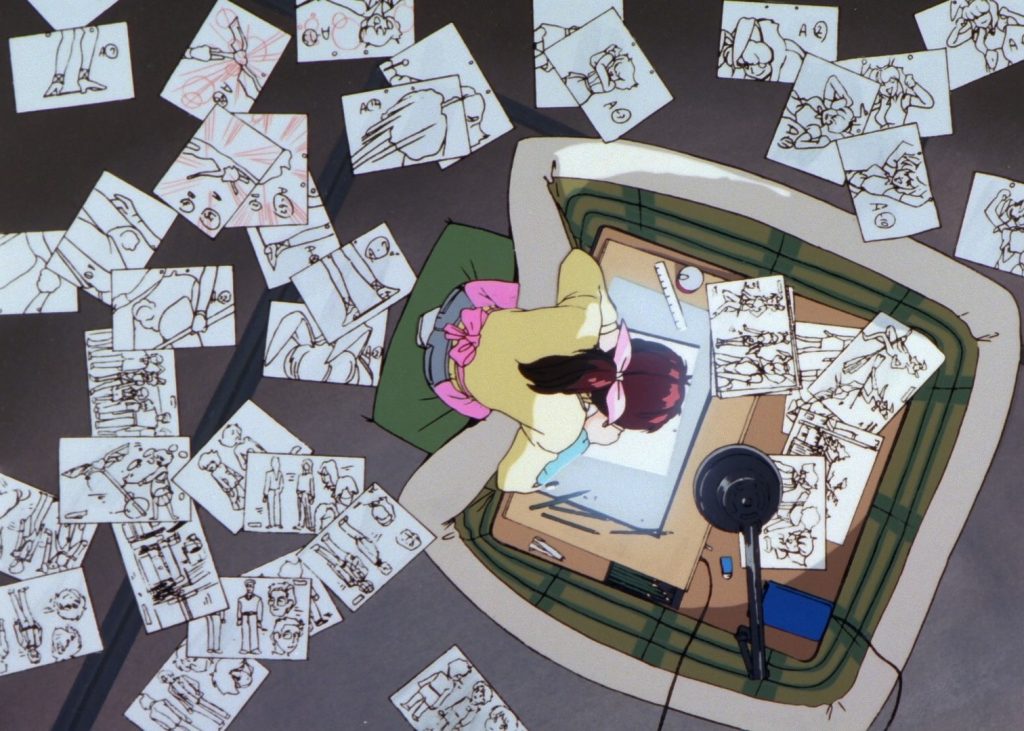Is there too much anime nowadays?
Good question. To answer it, we’ll need to understand how the anime industry works.
A lot more anime are being produced now than in the past, from 28 in 1990 to well over 200 in 2017.
So many shows come out each season that it’s led some to ask if the number of shows being produced is causing strain on anime studios, and if reducing the number of shows made each year would help alleviate the awful conditions many animators work under at those studios
The basis being: Less shows being created equals more resources to put towards more successful properties.
But would that work?
When it’s time to make an anime, a group of involved companies forms what’s known as a “production committee,” which is a group of companies that put money toward the production, promotion, and distribution of an anime, chiefly because they stand to make money from the show being made.
Worth noting is that the studio that makes the show may very well not be on the production committee. Not every studio has the money to sit on their own production committees every time.
Once everything’s been decided about the anime, a studio is then hired to produce the anime. This is important. Studios that aren’t on the committee don’t have much say in what they do or don’t work on, and many take as much work as they can get and handle, because that means more potential for profit.
The revenue streams for anime studios are far fewer than those for the rest of the production committee. While members of the production committee might make money from the increased popularity of the things the anime promotes (The original manga/novel/game, the music in the show, general advertising of their brand), anime studios generally make most of their money off of disc sales and sometimes merchandise.
From a standpoint of helping the anime studios, because the work studios get is predicated on money coming from the production committees, reducing the number of shows produced would only hurt the studios in the long run. Nor would reducing the number of shows result in a higher overall quality of shows, as the shows that get eliminated could equally likely be potential hits or potential flops.
What’s more, flops would hurt studios more, as there would be fewer other works to pick up the slack and help the studios sustain themselves. It’s difficult to predict what shows will take off and what shows will fall flat. The money lost from unsuccessful ventures is often made up for with money gained from successful ventures, but that strategy requires keeping volume relatively high, increasing the chances of a hit. Not to mention a many shows take years to start making a profit.
Eliminating that business strategy would put studios in the tough position of having to ensure their shows’ quick success while also cutting their operating costs, which would no doubt put many animators out of work and leave the rest severely overworked in inadequate conditions.
Wanting to see studios make more money is noble, but the problem isn’t “too much anime” and portraying the problem that way is not only an oversimplification of the issue, but would, if implemented, do critical harm to those studios.

Pingback: "Japan" Can't Solve Problems With US Anime Companies » Otaku Entrepreneur
Pingback: To Understand Anime, Understand Business First » Otaku Entrepreneur
Pingback: Weeb-onomics: Is Moe Killing Anime? » Otaku Entrepreneur